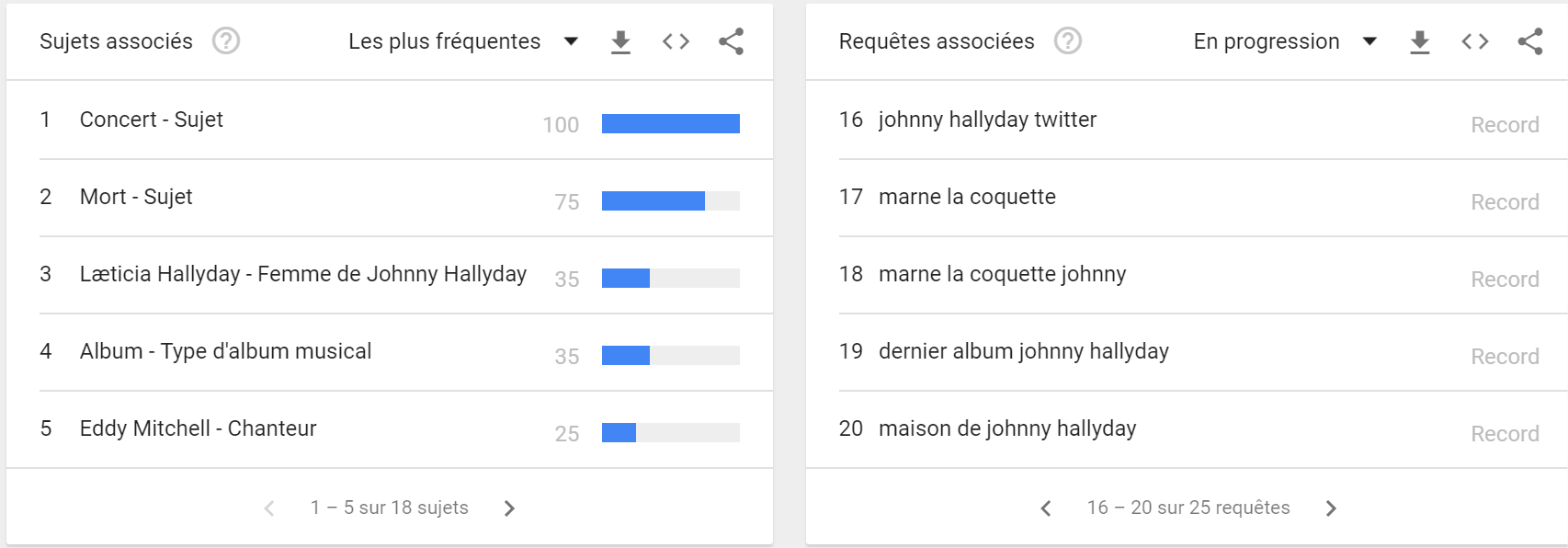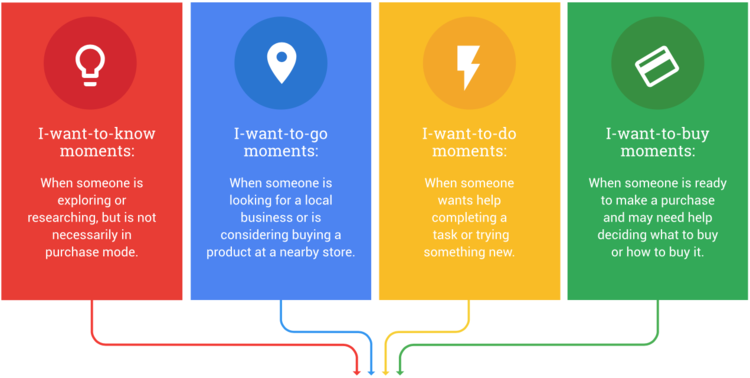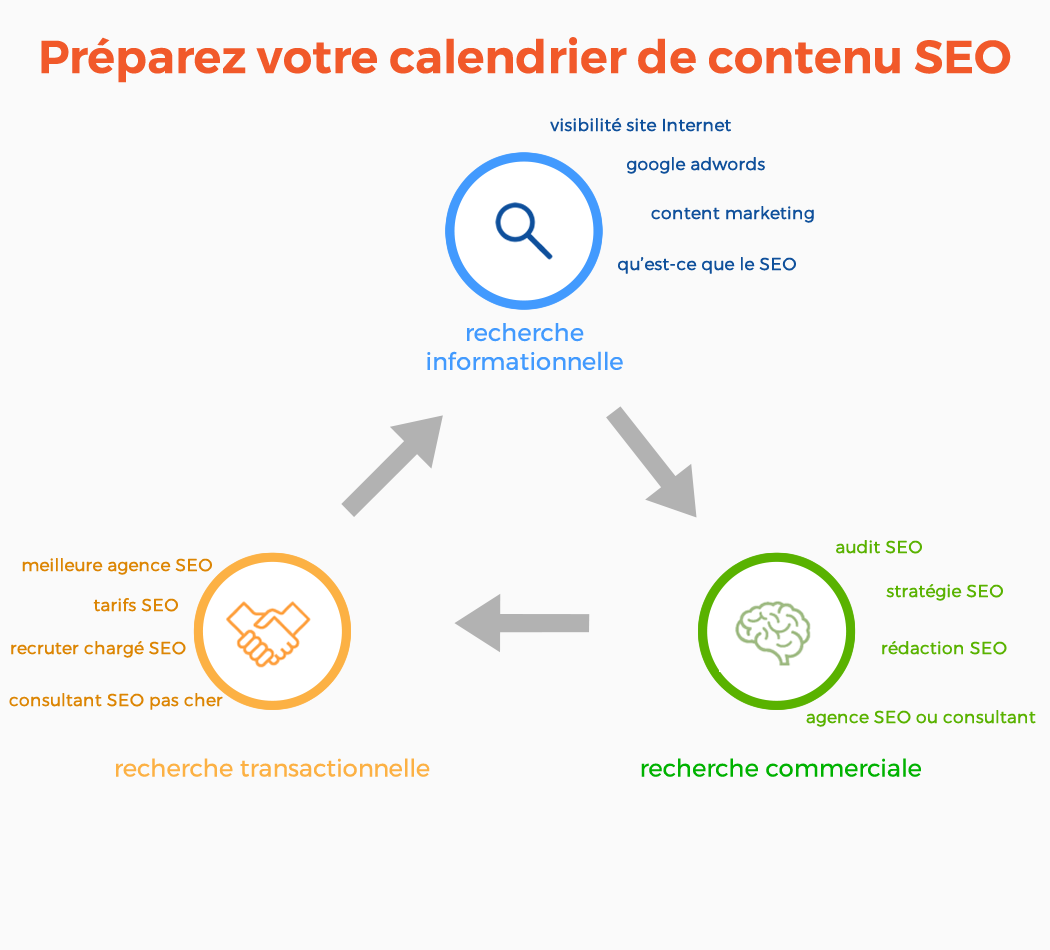What matters most: SEO (Search Engine Optimization) or content marketing? Many marketing specialists, and even clients, ask this question. Discover why the combination of SEO and content marketing is the ultimate weapon for web visibility.
SEO is not just technical considerations for creating a website, or a keyword strategy for optimizing its content. SEO efforts, such as Keyword Research and Search Intent, can help build a formidable content strategy. Whether you're creating a brand's first content calendar or modifying one, let SEO help you create a content calendar that enhances brand awareness, generates and qualifies leads, and delivers real return on investment. A content calendar combined with SEO is a ROI-driven content strategy.
What is a content calendar?
A content calendar is a content marketing schedule, it is a collaborative marketing resource that helps a team plan its content marketing strategy.
This publication calendar should include all content marketing elements to plan, such as:
- blog posts
- infographics
- email blasts
- white papers
- comment posting
- …
You can plan on your calendar to use promotional tactics to promote the planned content, such as paid ads (Facebook Ads, Twitter Ads,…) or influencer marketing.
A good content calendar is based on a good SEO strategy. Each content publication should be linked to Keyword Research, the user's intent, and good SEO practices.
How to marry the content calendar and SEO?
An effective content calendar consists of visible content that attracts qualified visitors. Here are the 3 steps for this SEO content strategy that is the content calendar.
1. Find ideas through Keyword Research
Keyword Research is the first step to generate content ideas with added SEO value.
Think about your target audience first! Some consultants or companies make bad assumptions about how their target customer searches. Get closer to the salespeople who are constantly in contact with your customers.
Keyword Research also helps identify new trends that may affect internet users. There are several ways or tools to generate a keyword list:
- Adwords Keyword Planner
- Google suggested searches
- Question and answer websites - Sites like Quora, Yahoo Answer, etc.
- Google Trends
- Social networks: Facebook groups, Twitter, etc.
- Your customers

Google Trends for "Johnny Hallyday".
Creating a keyword list for each content will help you understand how your target audience expresses themselves in your industry and is the first step in creating an SEO content calendar. Once a list of keyword ideas has been created, it's time to make sure you understand the user's intent behind each word.
2. Look beyond the keyword, seek the user's need
As you know since you've been reading me: keywords are useless without analyzing the user's intent. The user's intent defines what an internet user is looking for when they make a query on the search engine. Google uses four types of "micro-moments" to classify the user's intent for queries:
- Know - The user is looking for information
- Go - The user wants to navigate to a site.
- Do - The user wants more detailed instructions to perform a specific task.
- Buy - The user is ready to make a purchase.

SEOQuantum uses the engagement cycle, a methodology very close to Google's micro-moments. The SEOQuantum tool uses its algorithm to determine the typology of each query. To learn more about informational, commercial, and transactional queries, you can read the article on the SEO engagement cycle.
Fill column A of an Excel sheet with your keyword list and start googling them. Take some notes:
- Do certain similar keywords give similar results? Group them into a keyword family to use in the same content.
- What types of content dominate the results? Are there a lot of infographics? Video? "How to…" articles?
- At what level of the engagement cycle do the search results respond? Do they provide information? Guides? or sales/product pages?
- What semantic concepts describe the SERP?
User intent research helps copywriters understand why people search for what they search for and what they hope to find as a result. Armed with these results, you can then create and optimize your content.
3. Prepare your SEO content calendar
Effective content writing doesn't happen automatically, you can use an organized content calendar and semantic optimization tools like SEOQuantum.
When you're ready to create your SEO content calendar, gather your ingredients:
- Your keyword list and ideas
- User intentions
- The user's engagement cycle
- Your website
Start by mapping out important keywords, based on the level of maturity of the user in the SEO engagement cycle. Here is an example of a small keyword list in the SEO industry:

Next, compare these keyword + maturity level + user intent combinations with your existing content. There are three possibilities:
- If you have content that meets the user's need, the existing content can be optimized and the gaps filled. Add the optimization to the content calendar.
- If you have multiple contents that meet the need, you should merge them
- If you don't have content that meets the need. Add it to the content calendar
Finally, decide how often you want to update the blog content, how often you can create a new resource or landing pages. This will help you determine at what intervention interval you will build your content calendar.
The ultimate SEO content strategy: the content calendar
An effective content calendar is strategic for your web visibility. For companies that only publish content on their blog, without a real content strategy and editorial planning, it's a leap forward. Planning brings the necessary perspective to implement the right content in the right place. A content calendar combined with SEO optimization techniques (technical or semantic) improves brand awareness, generates and promotes lead generation after the audience.

Here is an example of my Excel content planning file, let me know in the comments if you would like a copy.
Need to go further?
If you need to delve deeper into the topic, the editorial team recommends the following 5 contents:

